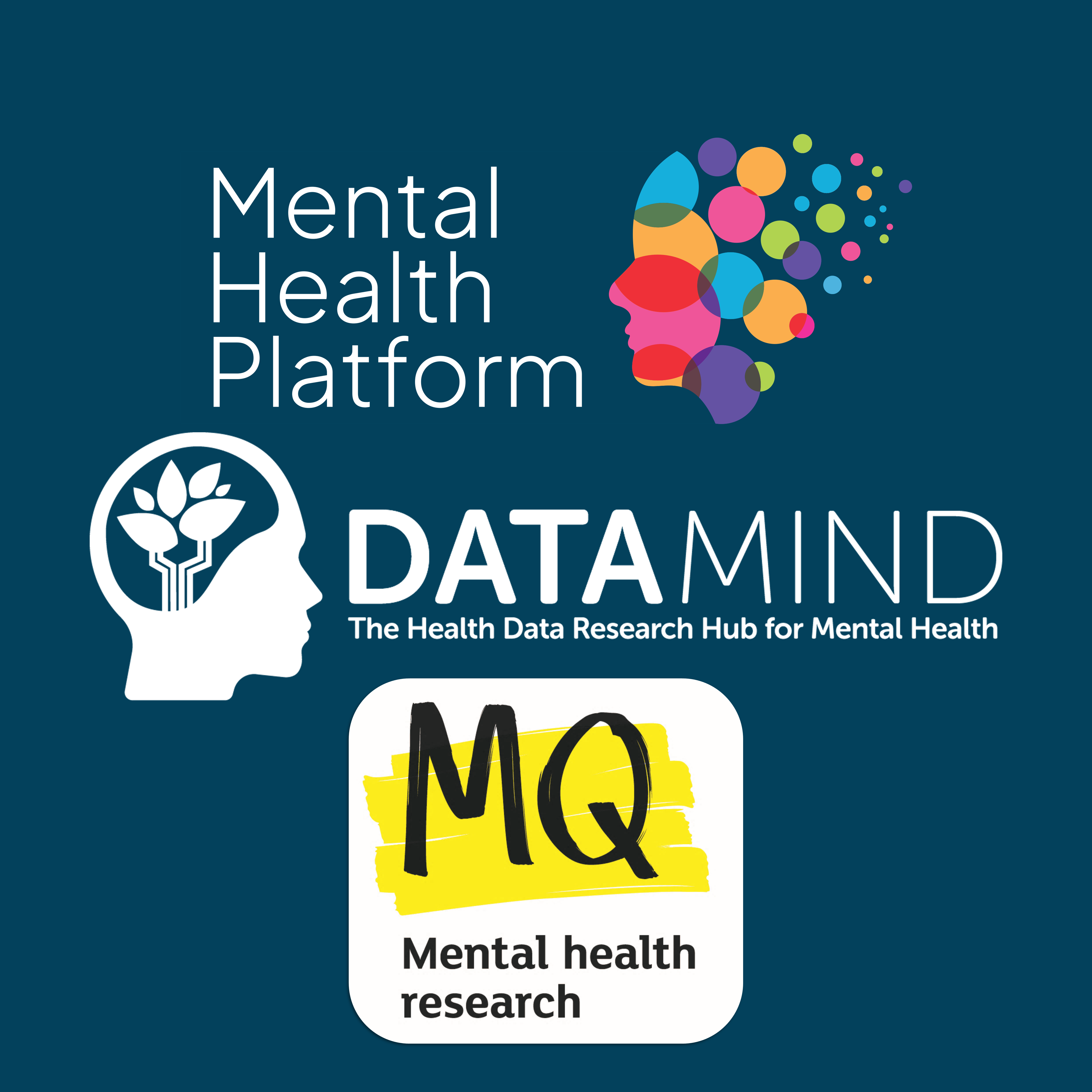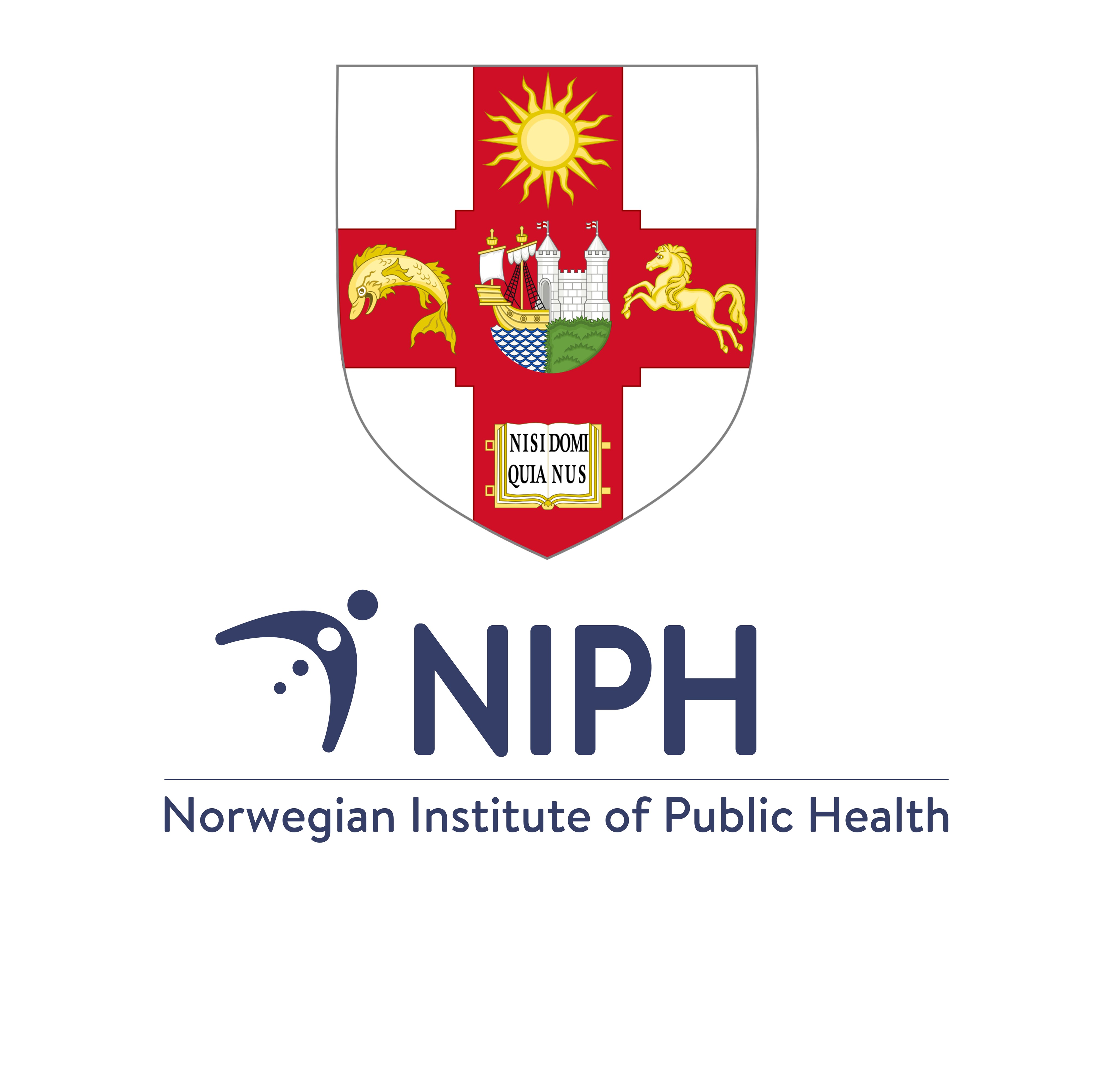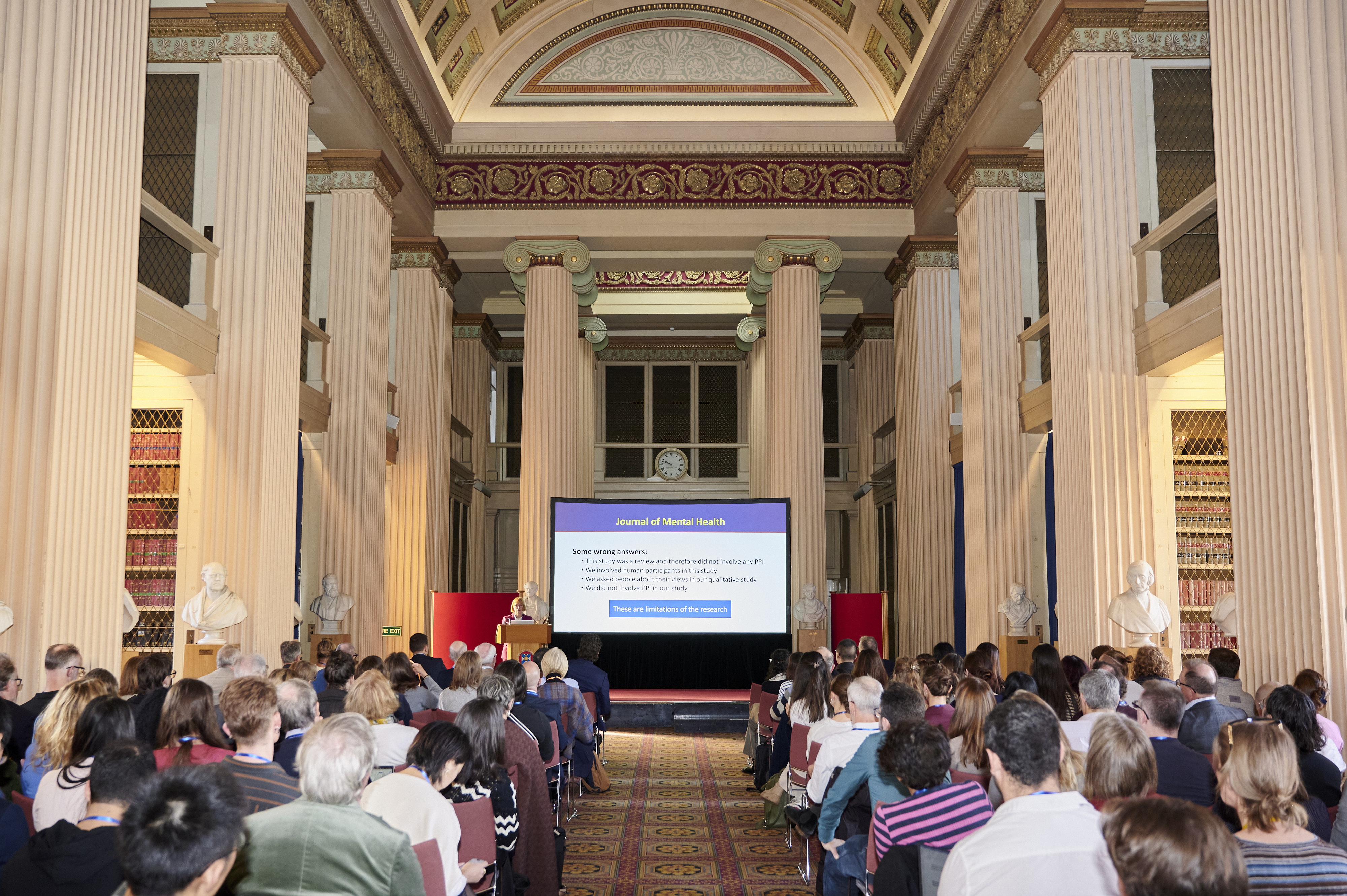Edinburgh Futures Institute, The University of Edinburgh
Room 4.55, 1 Lauriston Place Edinburgh EH3 9EF
Get directionsEdinburgh Futures Institute, The University of Edinburgh
Room 4.55, 1 Lauriston Place Edinburgh EH3 9EF
Get directionsAimed primarily at Early Career Researchers, this half-day workshop will combine lectures and practical exercises to illustrate how large-scale proteomics data can be used to examine key issues for mental health science, including identifying causal mechanisms and blood-based biomarkers associated with, for example, illness state, future risk, comorbidity, and treatment exposure.
Two sessions will include a mixture of theory and practical tips for data preparation, analysis, visualization, and interpretation, which we hope will enable ECRs to approach proteomics analysis in an informed and systematic manner. The ECR Workshop is hosted by MQ and DATAMIND in partnership with MHP.


There is a limited number of tickets for the MHP Research Summit and the ECR Workshop hosted by MQ & DATAMIND. Your registration is not valid until payment is received and this registration form does not guarantee your place.
You must first complete the registration form under "Book event", then complete payment separately for each event you are attending using the appropriate links.
MHP Research Summit (£150): https://www.eventbrite.com/e/1481395185879?aff=oddtdtcreator
ECR Workshop hosted by MQ & DATAMIND (£25): https://www.eventbrite.com/e/1481465155159?aff=oddtdtcreator

Golam Khandaker is Professor of Psychiatry and Immunology at Bristol Medical School, Head of Immunopsychiatry Programme at the MRC Integrative Epidemiology Unit, and Honorary Consultant Psychiatrist at the Avon and Wiltshire Mental Health Partnership NHS Trust.
Golam's research focuses on identifying and validating novel immunological mechanisms and potential treatment targets for major psychiatric disorders particularly depression and schizophrenia using epidemiological cohort and genetic analyses applied to large-scale population-based cohort/biobank, genomic, proteomic data, and early-phase clinical trials of immunomodulatory drugs in people with depression and psychosis.

Xueyi Shen is a Senior Research Fellow at the University of Edinburgh. Her research mainly involves leveraging multi-omic data to understand major psychiatric conditions, to unveil the mode of action of medications, and to identify risk and protective environmental factors that could influence psychiatric symptoms.
She leads large-scale, international consortium studies in the Psychiatric Genomics Consortium and the ENIGMA consortium. She is a member of the steering committee of the Association for Complex Trait Genetics in Scotland, an editorial board member of Scientific Reports, and a member of the International Society of Psychiatric Genetics.

Ruta Margelyte is a Senior Research Associate at the MRC Integrative Epidemiology Unit at the University of Bristol, working with the Immunopsychiatry group.
She specialises in medical statistics, epidemiology, and population proteomics with a focus on mental health outcomes. Ruta applies advanced statistical methods in large cohort studies, integrating proteomic and phenotypic data to identify biomarkers and investigate biological pathways involved in psychiatric conditions.

Christina Dardani is a Senior Researcher at the Norwegian Institute of Public Health, and Honorary Senior Research Associate at the MRC Integrative Epidemiology Unit at the University of Bristol.
She specialises in mental health classical and genetic epidemiology. Christina applies genetic causal inference methods to large-scale population-based and multi-omics data (mainly genomic and proteomic) to interrogate possible causal mechanisms and novel drug targets for major neuropsychiatric conditions, and shared mechanisms for comorbid physical and psychiatric conditions.

Together with supporters and a global network of scientists, MQ works to create a world where mental illness is understood, effectively treated and ultimately prevented.
Explore the collection of past workshop recordings, developed in collaboration with MQ. Delve into topics such as R, Python, Data Management, and Epidemiological Methods using R, as shared by experts, innovators, and practitioners.




